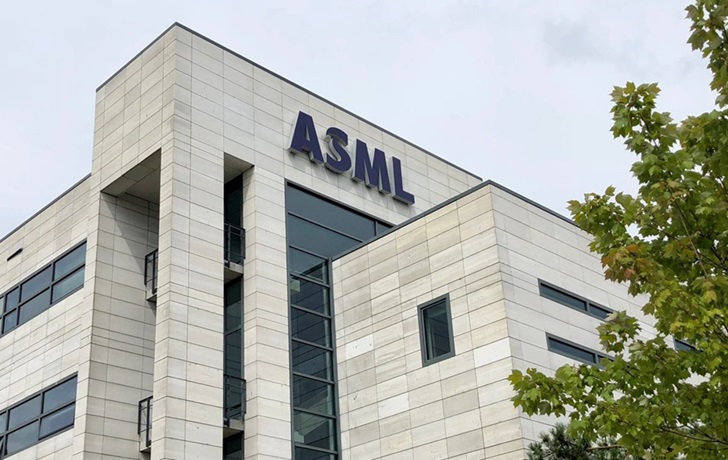In a move to prevent semiconductor equipment maker ASML, the Netherlands’ largest company, from relocating or expanding abroad due to anti-immigration policies, the Dutch government is engaged in discussions with the company. The effort, dubbed as “Operation Beethoven”, involves Economic Affairs Minister Micky Adriaansens meeting with ASML CEO Peter Wennink.
ASML’s growth ambitions are putting pressure on the country’s infrastructure, prompting the government to seek solutions to retain the company. This follows remarks by Wennink in January highlighting ASML’s reliance on skilled foreign labor, particularly in the face of gains made by anti-immigration parties in the 2023 elections.
Around 40% of ASML’s workforce in the Netherlands consists of non-Dutch employees. The company, which dominates the market for lithography systems used in chip manufacturing, is currently expanding to meet the growing global demand for chips.
However, the Dutch business climate is a concern for ASML, with increasing regulation and potential changes to tax breaks for skilled immigrants posing challenges. Recent departures of multinationals Shell and Unilever from the Netherlands due to unfavorable tax changes add to the uncertainties.
One of the policies under consideration by parties forming a right-wing government is limiting the number of foreign students at Dutch universities, which could impact tech firms’ access to skilled labor. Wennink warned that such restrictions could hinder innovation and growth, potentially leading ASML to consider relocation.
Although relocating its headquarters would be challenging, France has been mentioned as a possible destination for ASML’s expansion. The global semiconductor industry is experiencing significant investments, driven by increased chip usage and subsidies from the US and EU aimed at maintaining technological leadership over China.
The outcome of the discussions between ASML and the Dutch government will be closely watched, as it could have broader implications for the Netherlands’ attractiveness to multinational companies in the tech sector.
(Source: The Guardian | Reuters | Bloomberg)









